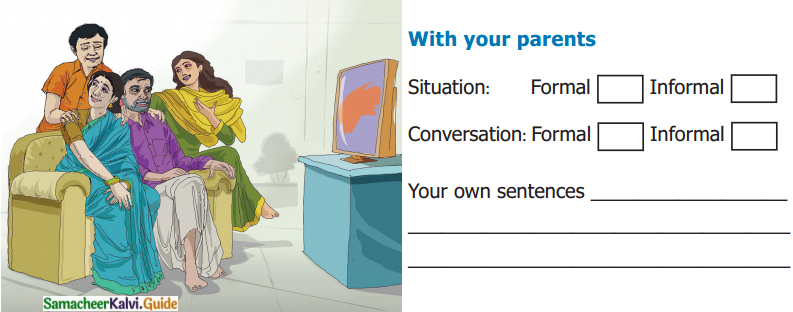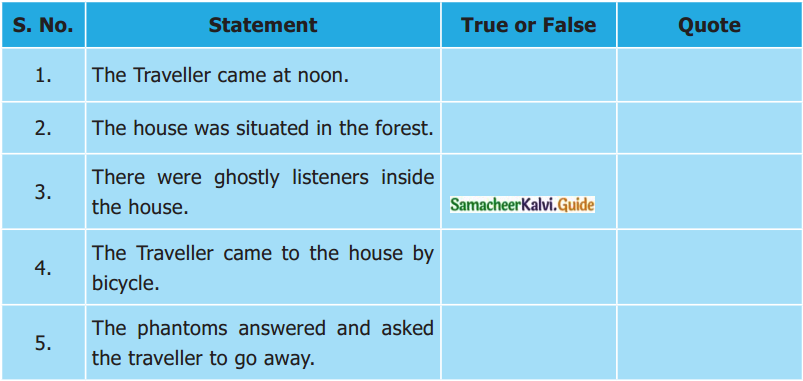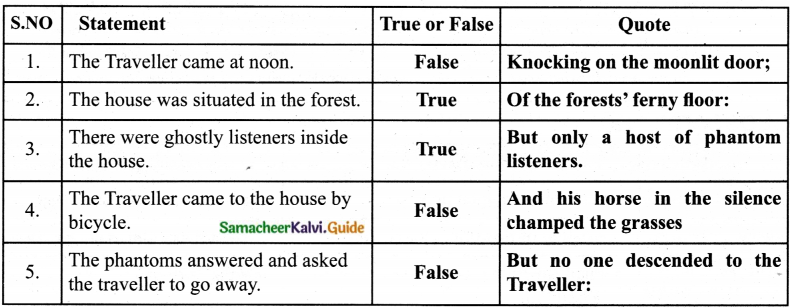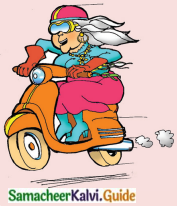Tamilnadu State Board New Syllabus Samacheer Kalvi 7th English Guide Pdf Term 2 Poem 2 Wandering Singers Text Book Back Questions and Answers, Summary, Notes.
Tamilnadu Samacheer Kalvi 7th English Solutions Term 2 Poem 2 Wandering Singers
7th English Guide Wandering Singers Text Book Back Questions and Answers
Warm Up (Text Book Page No. 126)
Discuss in pairs, Circle the names of musical instruments from the grid. One is done for you. (Text Book Page No. 126)
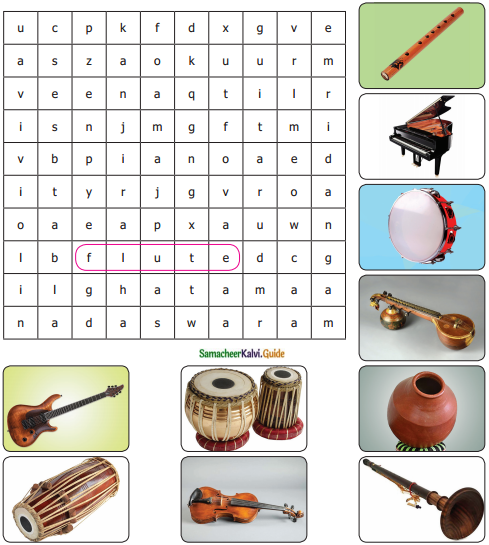
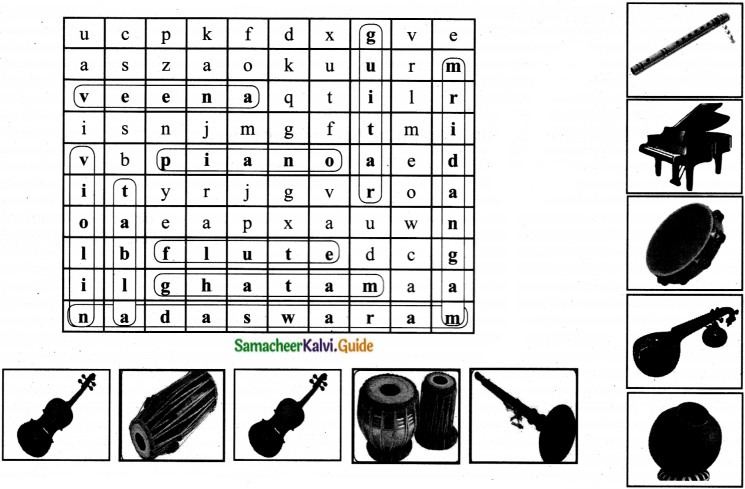
Note: For this grid, for the names of the musical instruments sitar and dhol the letters were not given in a proper way.
Textual Exercise (Text Book Page No. 128)
B. Pick out the rhyming pairs from the poem and fill in the table.
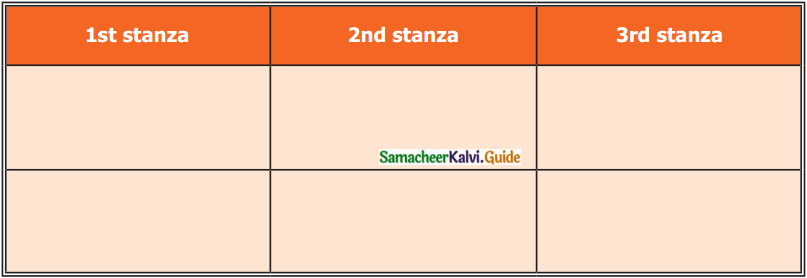
Answer:
| 1st stanza | 2nd stanza | 3rd stanza |
| roam – home | shed – dead | sow – go |
| feet – street | kings – things | wait – fate |
C. Read these lines and answer the questions given below.
1. Where the voice of the wind calls our wandering feet Whose ‘Wandering feet’ is referred to here?
Answer:
The wandering feet of the band of folk singers.
![]()
2. With lutes in our hands ever-singing we roam,
All men are our kindred, the world is our home.
Who does ‘we’ refer to? What do they have in their hands? What is its name?
Answer:
‘We’ refers to the wandering singers. They have musical instruments in their hands. Its name is a lute.
How are the men in the world related to the singers?
Answer:
All the men in the world are their extended family and the world is their home.
3. Our lays are of cities whose luster is shed,
Here ‘Lays’ means
a) lying down
b) stories
c) to keep
Answer:
b) stories
4. The laughter and beauty of women long dead;
Explain the meaning of the above line.
Answer:
The songs sung by the wandering singers are about the laughter and beauty of women who were dead long ago.
Writing (Text Book Page No. 129)
D. Answer in a paragraph.
What does Sarojini Naidu say about the Wandering Singers? Write in your own words, (in about 60 words)
Answer:
Sarojini Naidu in this poem tells us about the wandering singers, their life, and their activities as well as their experiences. The wandering singers stroll here and there. They count the world as their home and all the people around are their inborn family and relatives. They hold ‘lutes’ in their hands and sing songs about ancient battles, old kings, and the beauty and laughter of women of the past.
E. Think and answer.
1. Are the singers homeless travellers? Why do you think so?
Answer:
Yes. They are homeless. They travel to different places for their livelihood.
2. Do the singers have hopes and dreams? If not, why?
Answer:
They are poor. They are homeless. So they have no hopes and dreams.
![]()
3. What are the themes of the singers’ songs?
Answer:
Old battles, old kings, old cities, happy, simple, sorrowful tales of the old days are the themes of these wandering singers.
7th English Guide Wandering Singers Additional Appreciation Questions
1. Where the voice of the wind calls our wandering feet
a. Who does ‘our’ refer to?
Answer:
‘Our’ refers to the wandering singers.
b. Why do they wander?
Answer:
The singers go to different places to earn money.
2. With lutes in our hands ever-singing we roam
Why do the wandering singers have lutes in their hands?
Answer:
The lute is a musical instrument. The singers sing with that musical instrument.
3. No love bids us tarry, no joy bids us wait.
Are the wandering singers welcomed by the people? Why?
Answer:
No, they are not welcomed by the people. Because they say there is no love or joy to make them stay in a place for some time.
![]()
4. The voice of the wind is the voice of our fate.
Explain the above line.
Answer:
No one can predict the direction of the wind. In the same way, the singers cannot predict the places they might visit.
Wandering Singers Summary in English
The wandering singers roam around the roads and forests. The world is their home. All men are their relatives. They sing about the old days. They have no hope or dreams. They are homeless and very poor.
Wandering Singers Summary in Tamil
நாடோடி பாடகர் குழுவினர் வீதிகளிலும், காடுகளிலும் அலைந்து திரிகின்றனர். உலகமே அவர்களது வீடு. எல்லா மனிதர்களும் அவர்களுக்கு உறவினர்கள் ஆவர். அவர்கள் பழங்காலக் கதைகள் பற்றிப் பாடித் திரிகின்றனர். அவர்களுக்கு எதிர்காலம் குறித்த நம்பிக்கையும் இல்லை. கனவுகளும் இல்லை. அவர்களுக்கு வீடுமில்லை. மிகுந்த ஏழைகளாய் உள்ளனர்.
Wandering Singers About the Author in English
Sarojini Naidu was a famous Indian poet and a major freedom fighter. She was given the sobriquet Bharat Kokila (The Nightingale of India) on account of her beautiful poems and songs.
Wandering Singers About the Author in Tamil
சரோஜினி நாயுடு சிறந்த இந்தியக் கவிஞர். அவர் ஒரு சுதந்திரப் போராட்ட வீரரும் கூட. அவர் ‘இந்தியாவின் கவிக்குயில்’ என்ற அடைமொழி உள்ளவர். அவரது அழகிய கவிதைகளுக்காகவும் பாடல்களுக்காகவும் இந்த அடைமொழி தரப்பட்டது.
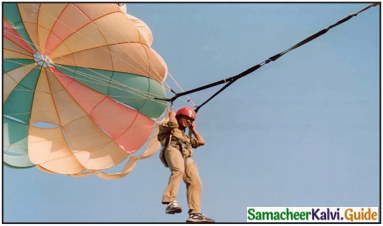
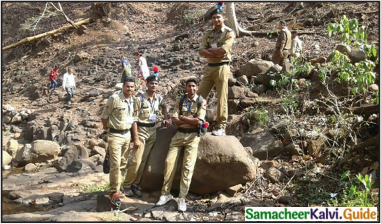
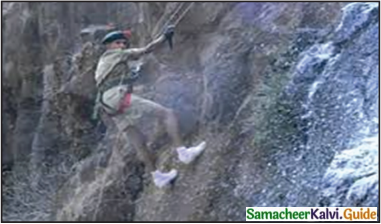
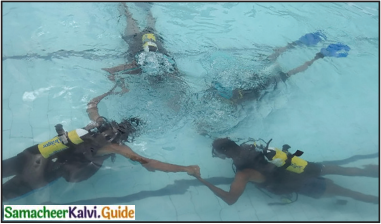
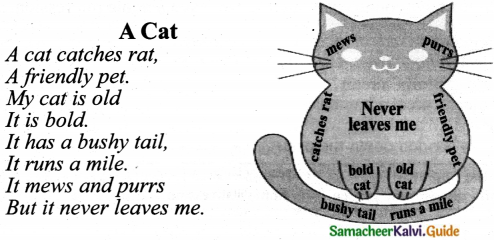
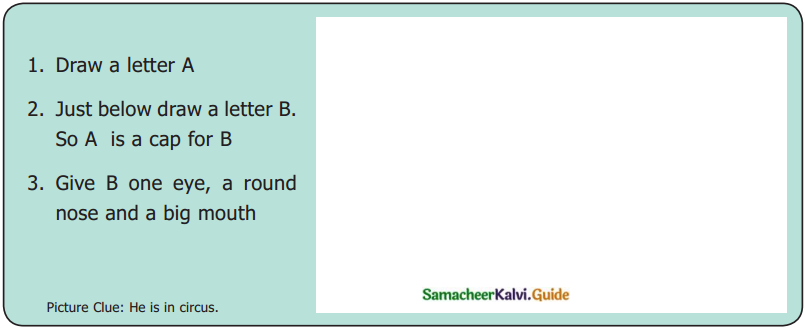

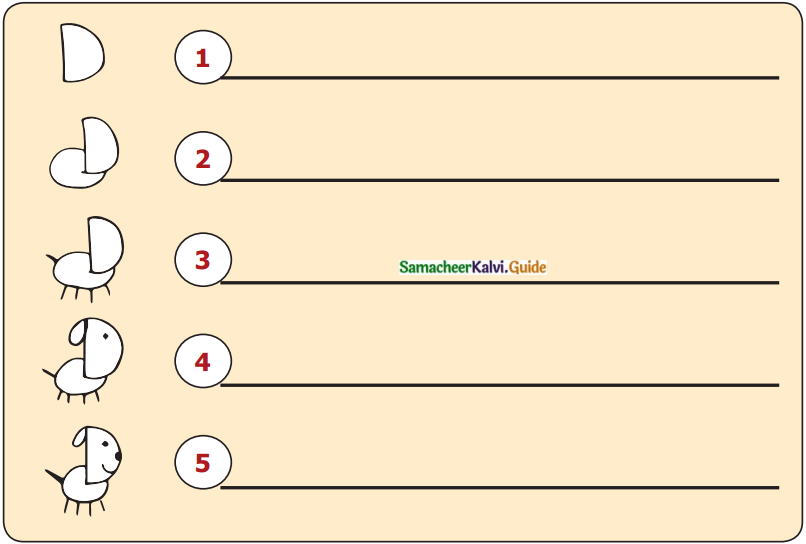
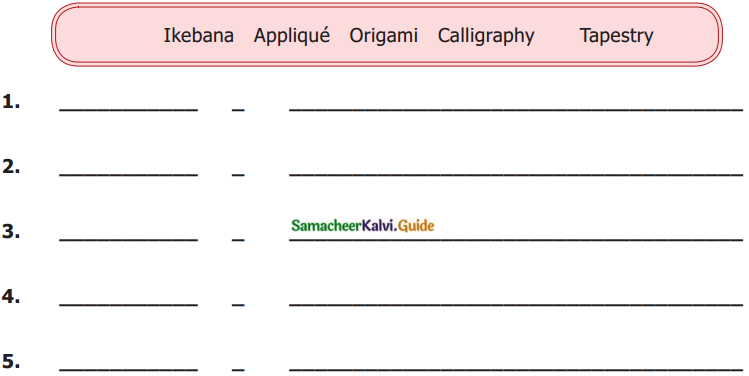
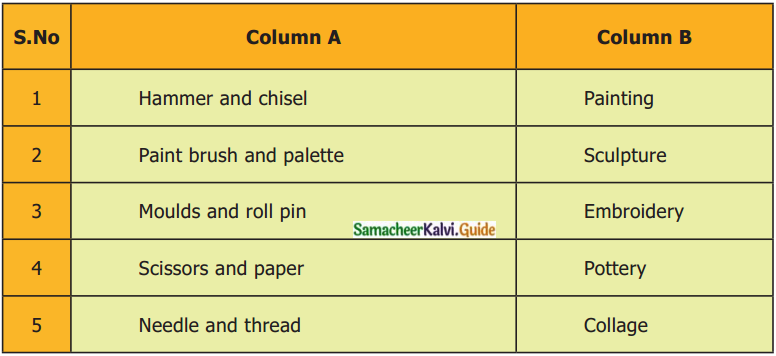
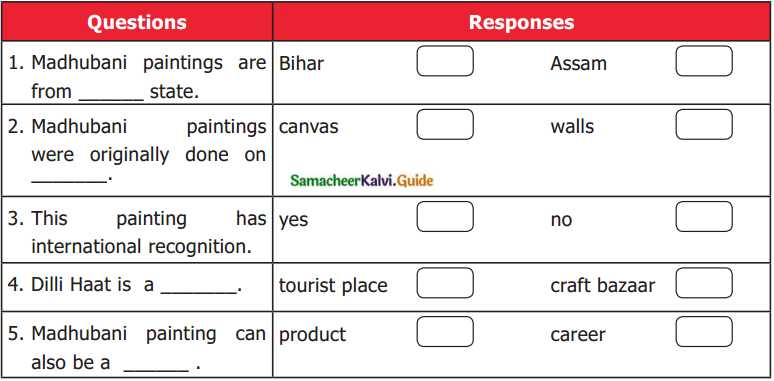

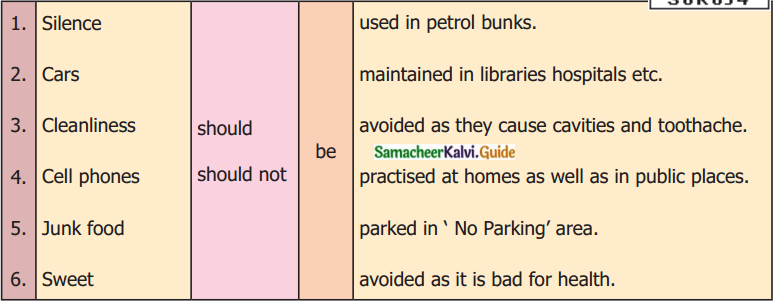
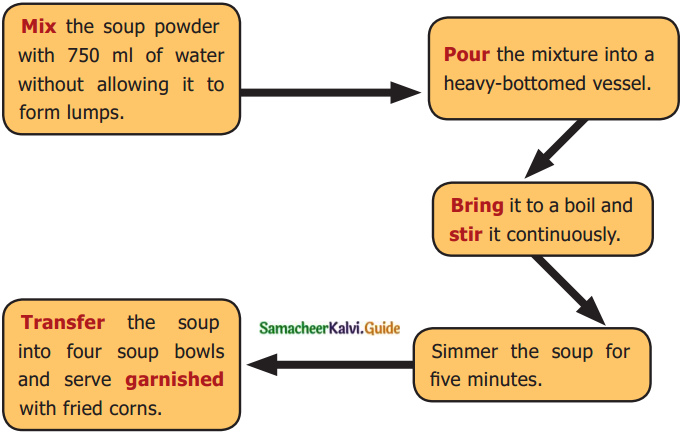
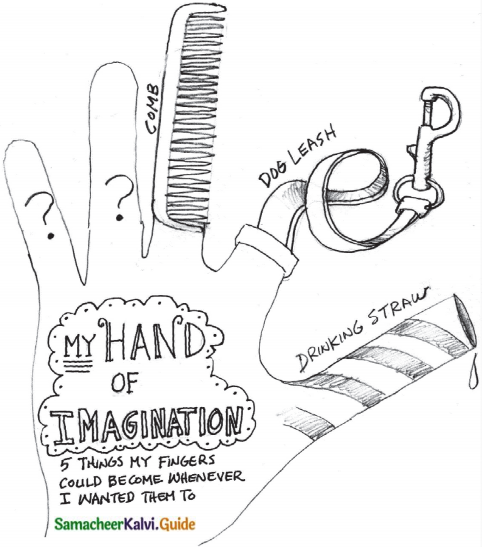

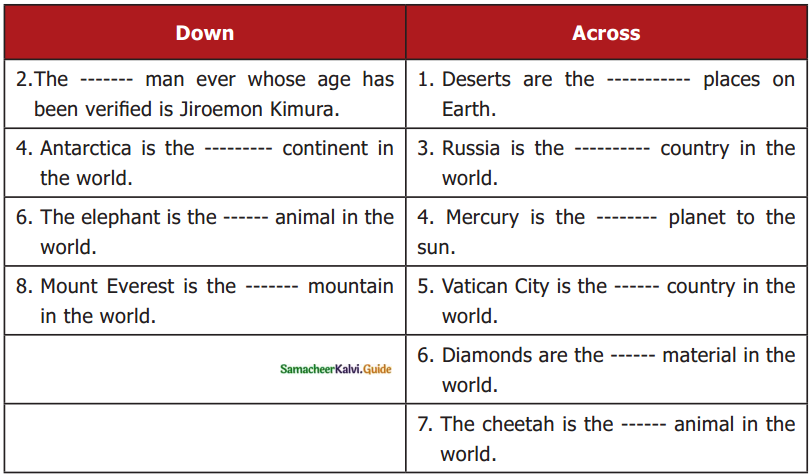
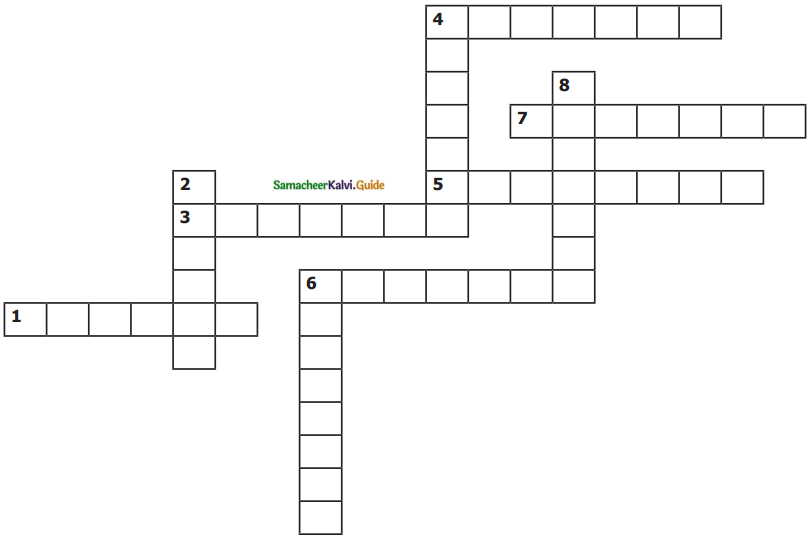
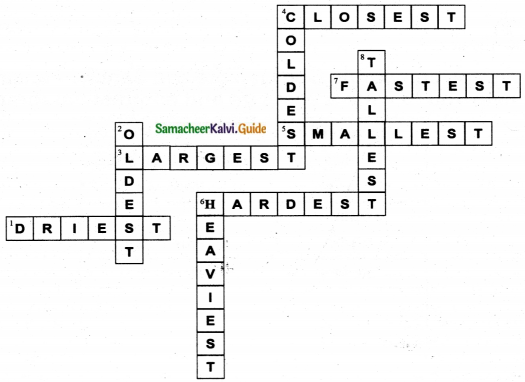
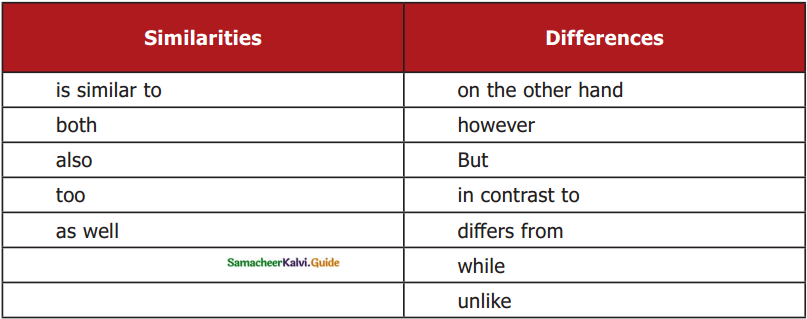
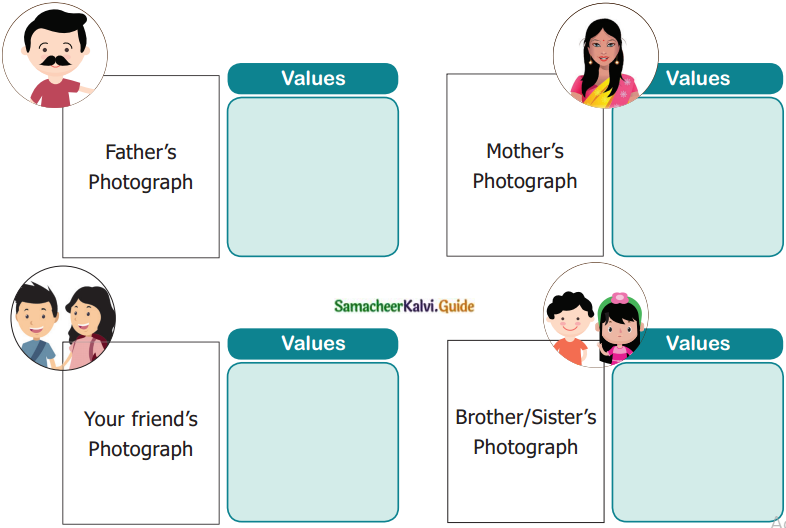
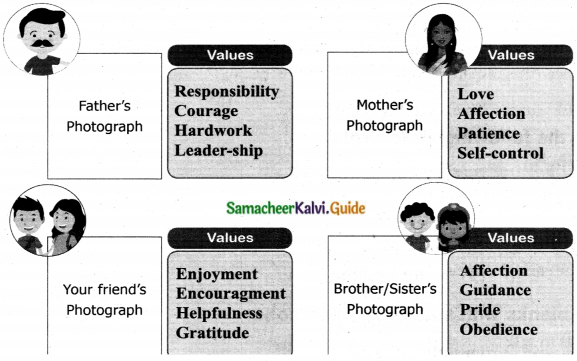
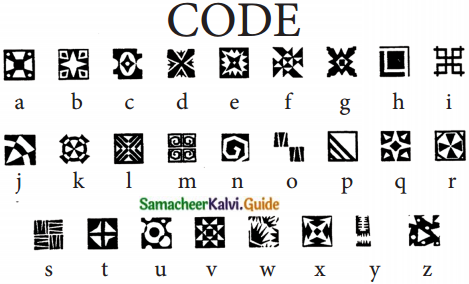

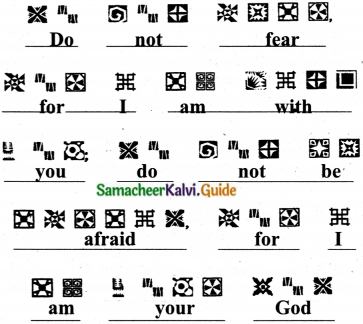

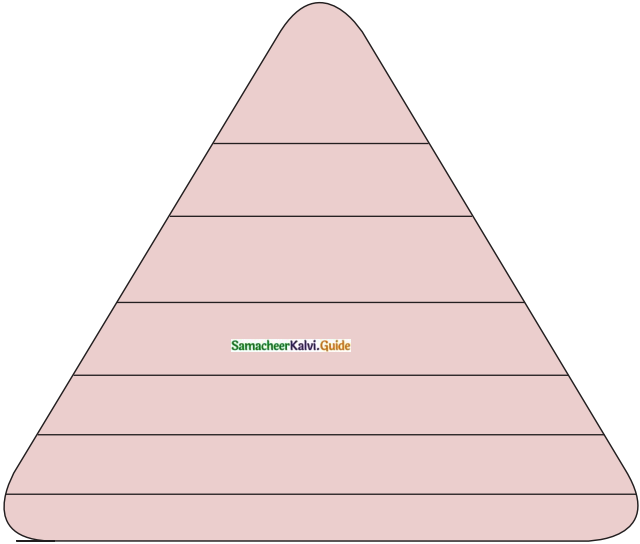
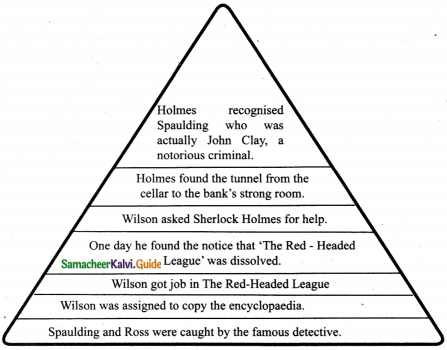



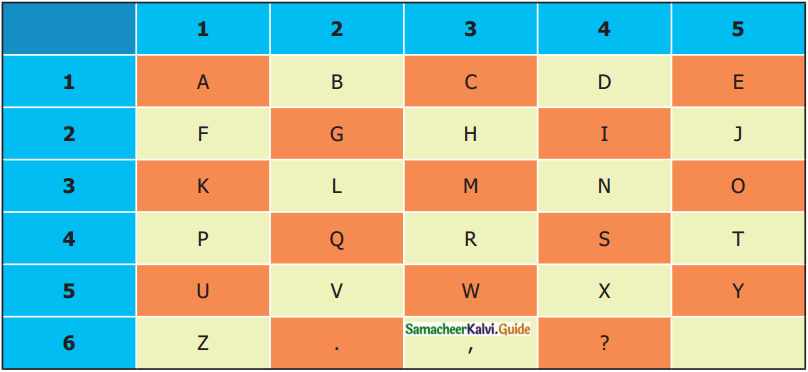

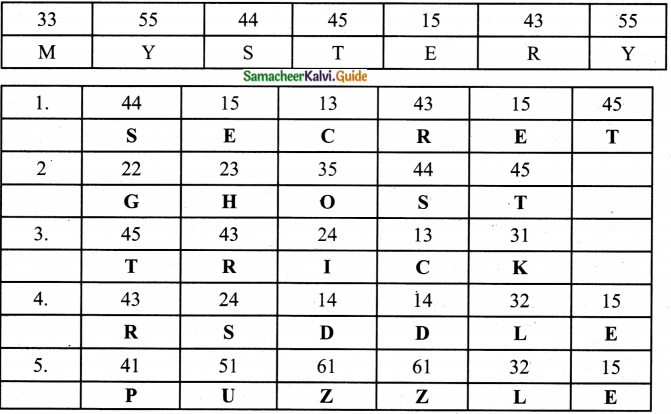

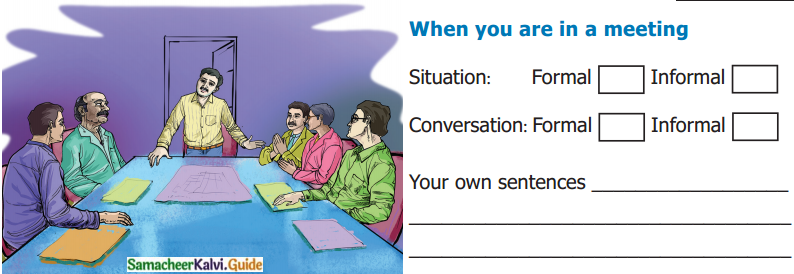
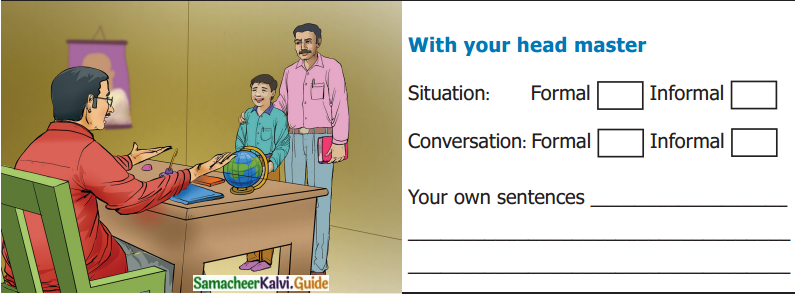 |
|